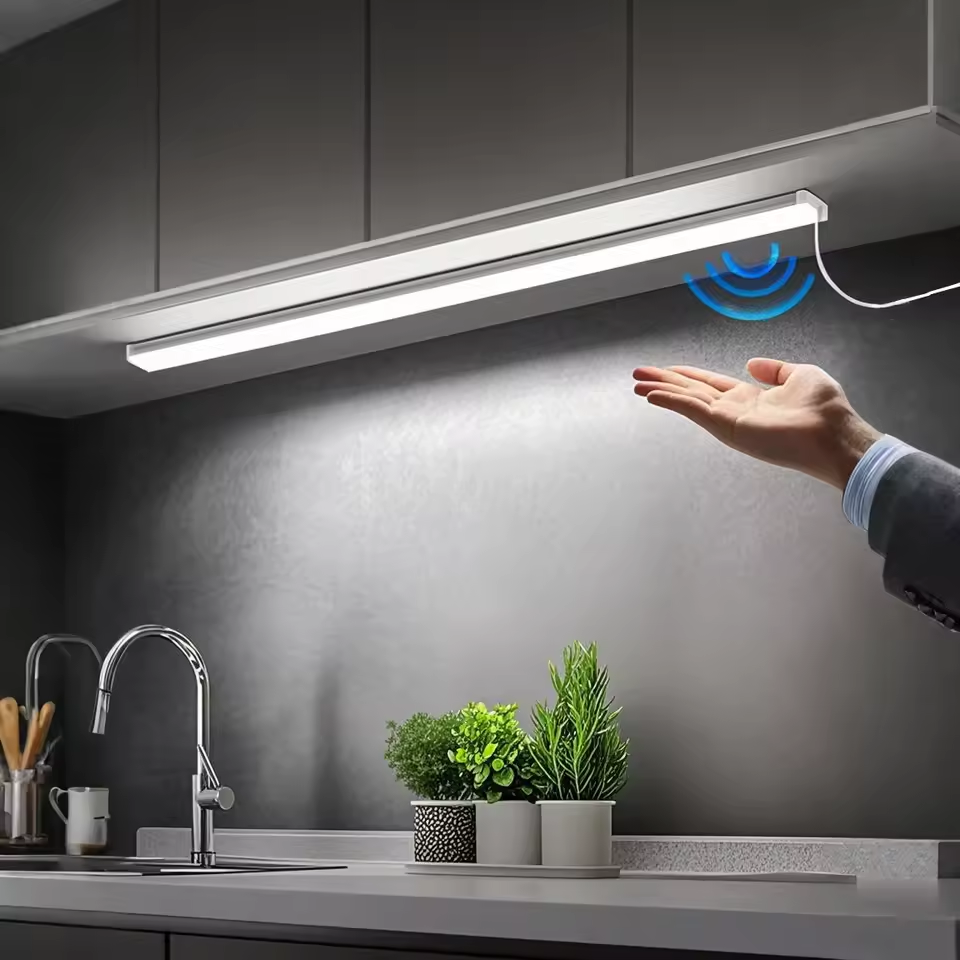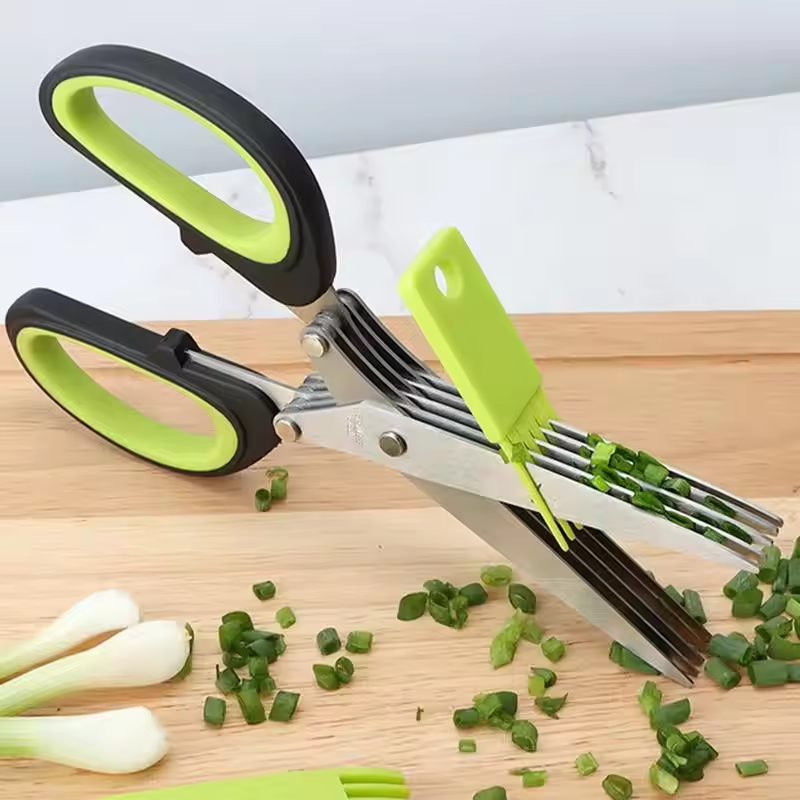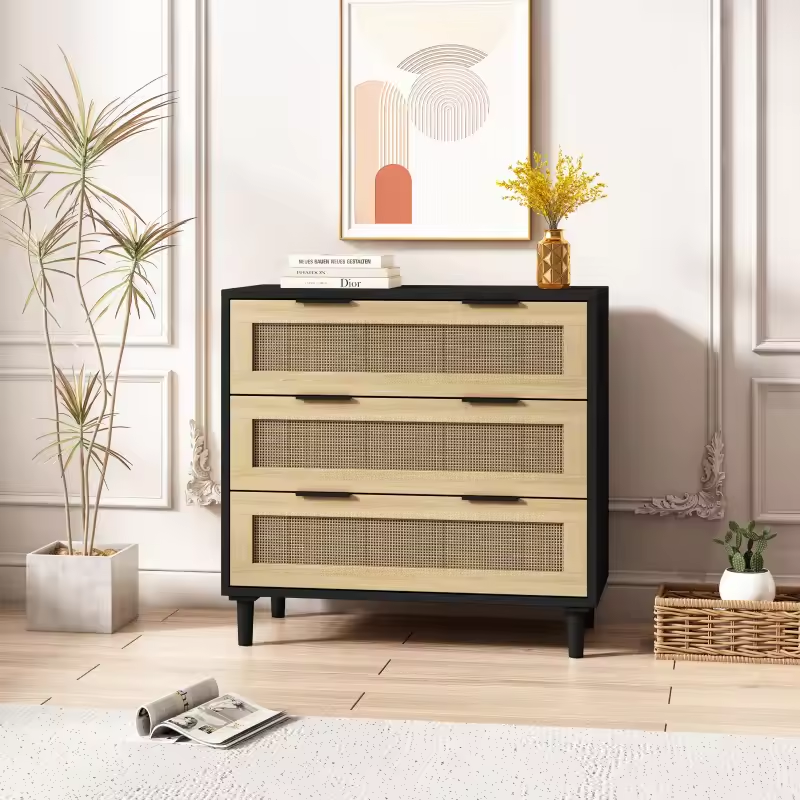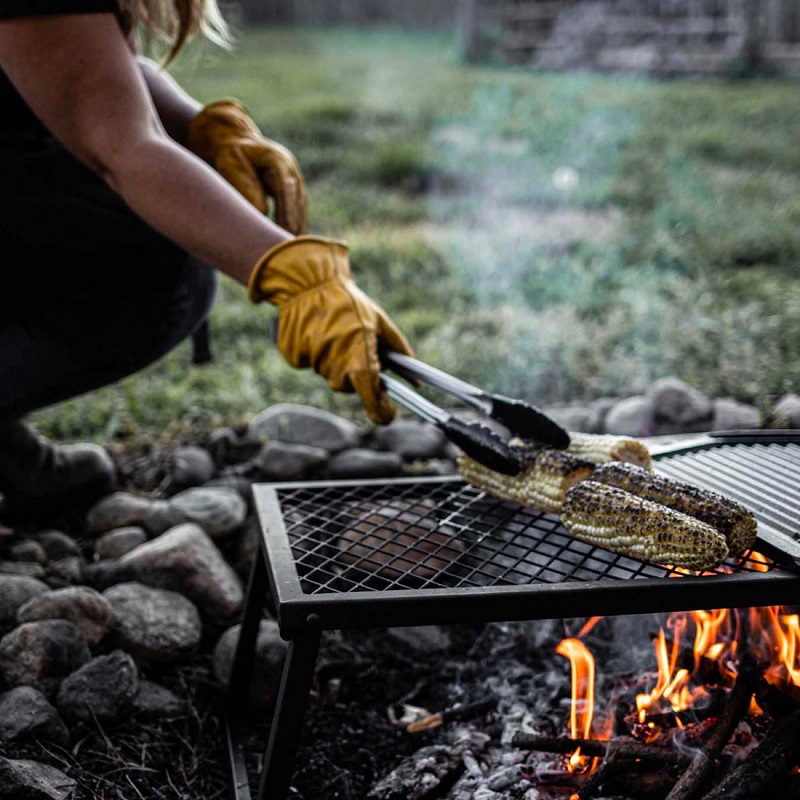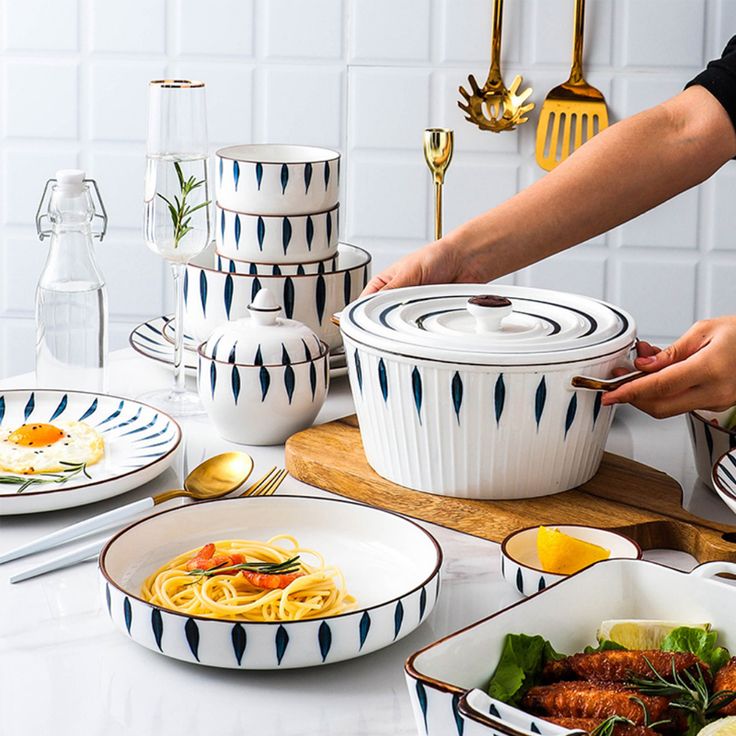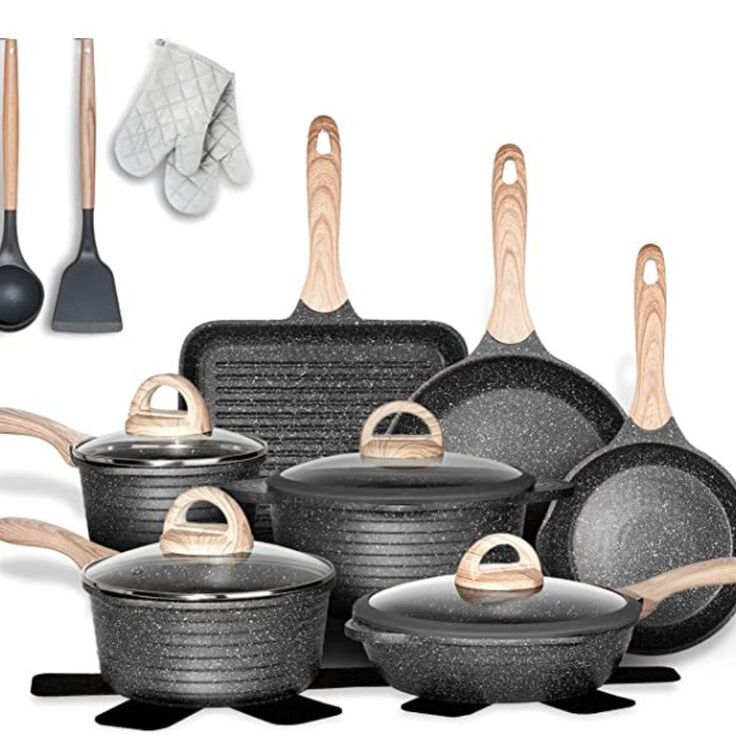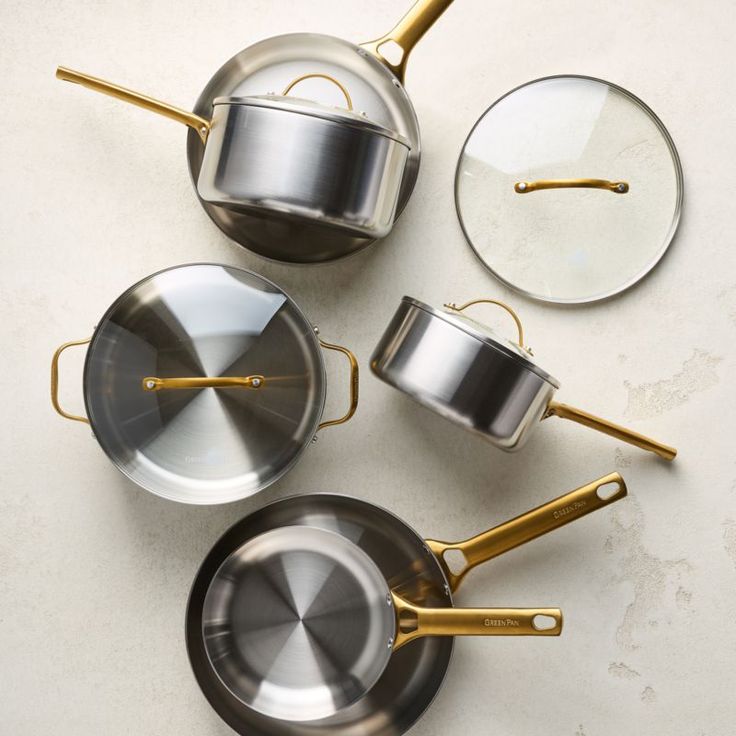Grilling is a cherished outdoor activity, and the heart of any grill is its grates. Proper maintenance and timely replacement of BBQ grill grates can significantly enhance your grilling experience and the longevity of your grill. This article delves into essential maintenance practices and replacement tips to keep your grill grates in optimal condition.
Understanding BBQ Grill Grates
Types of Grill Grates
BBQ grill grates come in various materials, each with distinct characteristics. The most common types include cast iron, stainless steel, and porcelain-coated grates. Cast iron grates are known for excellent heat retention and searing capabilities but require regular seasoning to prevent rust. Stainless steel grates are durable, resistant to rust, and easy to clean but may not hold heat as effectively. Porcelain-coated grates offer a non-stick surface, making them easy to clean but can chip or crack over time. Understanding these differences can help you choose the best grates for your grilling needs.
Importance of Quality Grill Grates
Investing in high-quality grill grates is crucial for a successful grilling experience. Quality grates not only improve heat distribution and retention but also contribute to the overall flavor of your grilled food. Poor-quality grates can lead to uneven cooking and unpleasant flavors, which can ruin your barbecue. Therefore, it’s essential to consider the material and build quality when selecting grill grates, ensuring they meet your cooking preferences and grilling style.
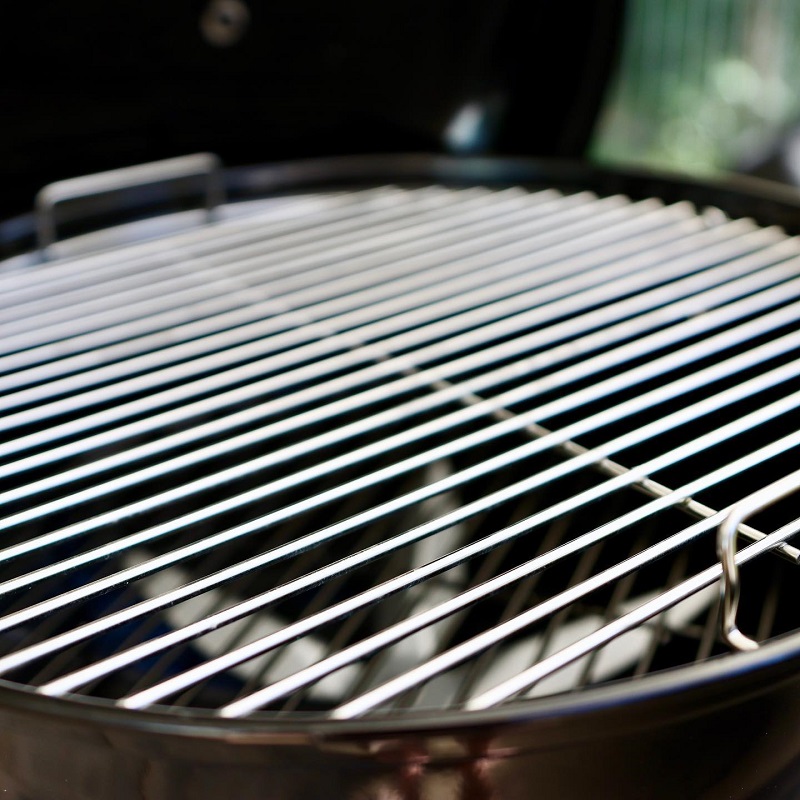
Routine Maintenance of BBQ Grill Grates
Cleaning After Each Use
Regular cleaning of your grill grates is essential to prevent food residue buildup and maintain optimal performance. After each grilling session, allow the grates to cool slightly before using a grill brush to scrub away any debris. A brass or stainless steel brush is ideal for this task, as it can effectively remove stuck-on food without damaging the surface. For tougher grime, soaking the grates in warm soapy water before scrubbing can be beneficial. This routine not only prolongs the life of your grates but also ensures a clean cooking surface for your next barbecue.
Deep Cleaning Your Grill Grates
In addition to regular cleaning, performing a deep clean on your grill grates at least once a season is advisable. This process involves removing the grates from the grill and soaking them in a solution of vinegar and baking soda or a commercial grill cleaner. After soaking, scrub the grates thoroughly with a brush and rinse with warm water. This deep cleaning helps eliminate stubborn grease and grime that regular cleaning might miss. It’s also a good opportunity to inspect the grates for signs of wear and tear, ensuring you catch any potential issues early.
Preventing Rust and Corrosion
Proper Seasoning Techniques
Seasoning your grill grates is crucial, especially for cast iron models, as it creates a protective layer that prevents rust. To season your grates, start by cleaning them thoroughly and drying them completely. Then, apply a thin layer of cooking oil (like vegetable or canola oil) to the grates using a paper towel or cloth. Preheat your grill to a medium-high temperature and place the grates on for about 30 minutes. This process allows the oil to bond with the metal, creating a non-stick surface and protecting against moisture. Regularly re-seasoning your grates can significantly extend their lifespan.
Storing Your Grill Grates Properly
Proper storage of your grill grates is equally important in preventing rust and corrosion. If you live in a region with high humidity or experience winter conditions, consider storing your grates indoors when not in use. If indoor storage isn’t feasible, use a grill cover to protect your grates from moisture and debris. Additionally, placing a layer of oil on the grates before covering them can help create a barrier against rust. Taking these precautions can ensure your grates remain in excellent condition, ready for your next grilling adventure.
Recognizing When to Replace Grill Grates
Signs of Wear and Tear
Understanding when to replace your BBQ grill grates is essential for maintaining a great grilling experience. Common signs of wear include significant rust, cracks, or warping of the grates. If you notice that food is sticking excessively or if the grates are no longer heating evenly, it may be time for a replacement. Regularly inspecting your grates, especially before and after the grilling season, can help you catch these issues early, preventing further damage to your grill and ensuring the best cooking results.
Longevity of Different Materials
The longevity of grill grates can vary significantly based on the material used. Cast iron grates, with proper care, can last many years, sometimes even a lifetime. Stainless steel grates typically have a shorter lifespan, averaging around five to ten years, depending on usage and maintenance. Porcelain-coated grates can last between five to seven years but may require replacement sooner if the coating chips away. Understanding the expected lifespan of your grill grates can help you plan for replacements and ensure consistent grilling performance.
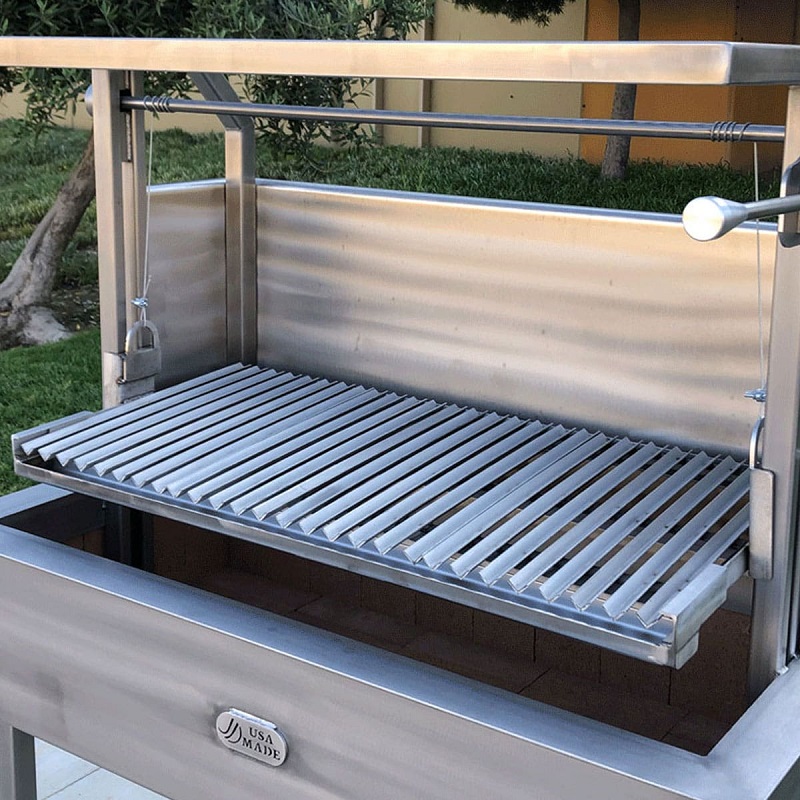
Choosing the Right Replacement Grates
Factors to Consider
When it’s time to replace your grill grates, several factors should be considered to ensure you select the best option. First, evaluate the type of grill you have, as grates need to fit perfectly for optimal performance. Consider the material based on your cooking style and maintenance preferences. If you enjoy searing meats, cast iron might be the best choice, while those who prefer low-maintenance options may opt for stainless steel. Additionally, think about your budget, as prices can vary widely based on material and brand.
Sourcing Quality Grates
Once you’ve determined the right type of grates for your grill, sourcing quality replacements is crucial. Check with your grill’s manufacturer for compatible parts, as they often offer replacement grates specifically designed for your model. Alternatively, reputable home improvement stores and online retailers can provide a variety of options. Always read reviews and consider warranties to ensure you’re investing in a durable product. Quality replacements will not only enhance your grilling experience but also ensure your grill operates efficiently.

Final Thoughts on Grill Grate Maintenance
The Benefits of Regular Care
Regular maintenance of your BBQ grill grates can significantly impact your overall grilling experience. By cleaning, seasoning, and properly storing your grates, you can prevent rust, enhance flavor, and ensure even cooking. This diligence pays off not only in the quality of your food but also in the longevity of your grill. Investing time and effort into maintaining your grates will lead to many successful grilling seasons ahead.
Embracing the Grilling Lifestyle
Ultimately, embracing the art of grilling goes beyond just the act of cooking; it involves understanding the tools that make it possible. By prioritizing the maintenance and timely replacement of BBQ grill grates, you enhance not only the quality of your meals but also the joy of gathering with friends and family around the grill. Take pride in your grilling setup, and remember that well-maintained grates are the foundation of any great barbecue.



